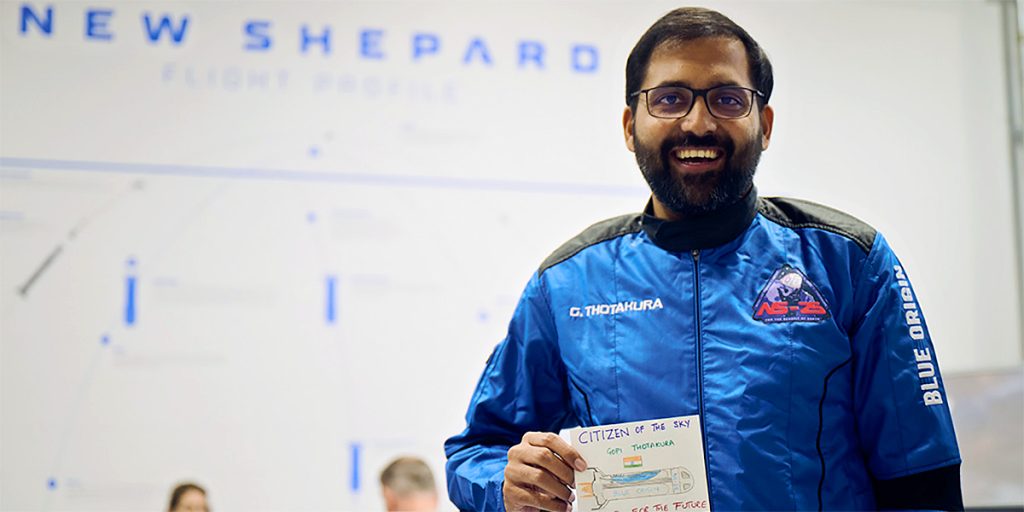(December 3, 2021) Sustainability campaigner Leena Pishe Thomas was the star speaker at the recently concluded World Intellectual Property Organisation (WIPO) event at Geneva. As founder, Global Business Inroads, Leena was invited to speak about the role of IP in sustainable development and taking green innovation to international markets. Quite the expert on leveraging technology to provide sustainable solutions to mitigate climate change, adopt renewable energy sources, and life sciences, this wasn’t the first time Leena spoke at a UN event. Her first was at the Global Solutions Summit in 2018 in New York.
Thank you His Excellency Hasan Kleib, Deputy Director General of @WIPO for hosting this dinner and discussion with Ambassadors and Permanent Representatives to the #UnitedNations, Businesses, Academia on the topic of #Green #Innovation for #Sustainable #Development. pic.twitter.com/3mcMSUjyjN
— Leena Pishe Thomas (@leenapishe) November 23, 2021
What got Leena interested in this field? “Back in1990-2000, there were some truly innovative energy efficient solutions available – but not in India. That got me thinking – I was intrigued why there was no knowledge or action, considering for centuries, we had been following sustainable living practices. Why weren’t we developing sustainable technology?” she questioned. That led her towards sustainable solutions.
Today, she is an expert working with governments and private entities the world over — the European Commission, US government, Malaysia, Taiwan, and Sri Lanka, apart from with some UN agencies. Her work includes cross border innovation collaboration between startups in Europe and India; facilitating collaboration for digital transformation, lead green change and biodiversity projects. “Some of our biggest achievements have been in the spheres of biodiversity and landscape restoration projects in India as well as working with communities here to help digital access to set up sustainable processes for agro forestry product processing,” explains the girl, who was born into a family of entrepreneurs.
Starting in an industry at a time when sustainable business was almost unheard of in India, today, she is a regular face at UN events, introducing various stakeholders to the need to scale technology to mitigate climate change and achieve sustainability goals. Incidentally, she had appeared on BBC on these topics as well.
From Bengaluru to the world
The quintessential Bengaluru girl, chose to study science till high school before switching to a degree in history and economics at Lady Shriram College, Delhi. Determined, she even considered IAS. However, after graduation, she married her then boyfriend, Shibu Thomas. “I gave up an admission for post-graduation in the US, chose marriage,” she tells Global Indian.
Leena was 23 then, and she continued to study and work. International business fascinated her as did environment goals. She landed her first job with the Indo French Chamber of Commerce and Industry and also got her MBA from ICFAI, Hyderabad through distance education. Within a few months of marriage, Leena started up with SNL (1999) which focused on international business and environment technology at age 24. Shibu, then a restaurateur, became her angel investor.
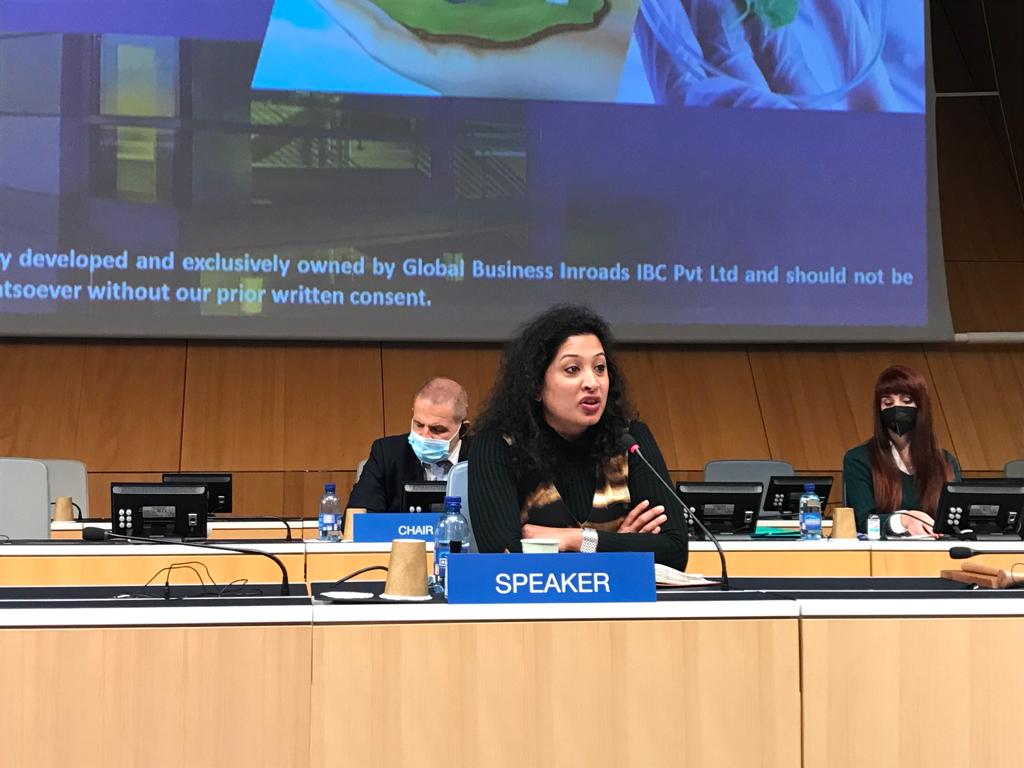
Leena at the WIPO event in Geneva
Around this time, Leena also began consulting with the Alliance to Save Energy for United States Agency for International Development (USAID), working with state governments in India to transition to energy efficient solutions to cut costs. “We helped local municipalities work towards energy efficiency for municipal water utilities and streetlights,” she says, adding, “This was probably one of the most impactful projects we worked on as until then local governments didn’t have measures to ensure energy efficiency.”
She could have it all
In 2005, when Leena had her second daughter, she shut SNL and took a 1.5 year sabbatical. Her next role was with the Clinton Foundation, and it turned her perspective towards using technology for climate change mitigation. She was instrumental in starting and establishing Clinton Climate Initiative programmes in India. “I worked with the Foundation from 2007 to 2009 and it was everything I believed in. Motherhood also changed me in a big way. My ideas became clearer, and I became confident. It’s what gave me the push to launch GBI in 2009,” says Leena.
Incidentally, there was a time after her wedding when she had contemplated giving up her career altogether. “I’ve always been very family-oriented and didn’t mind putting my career on the back burner. It wasn’t easy juggling the kids, a home and a career,” she smiles, adding, “That’s when Shibu stepped in and convinced me to continue working. He showed me that I could have it all.”
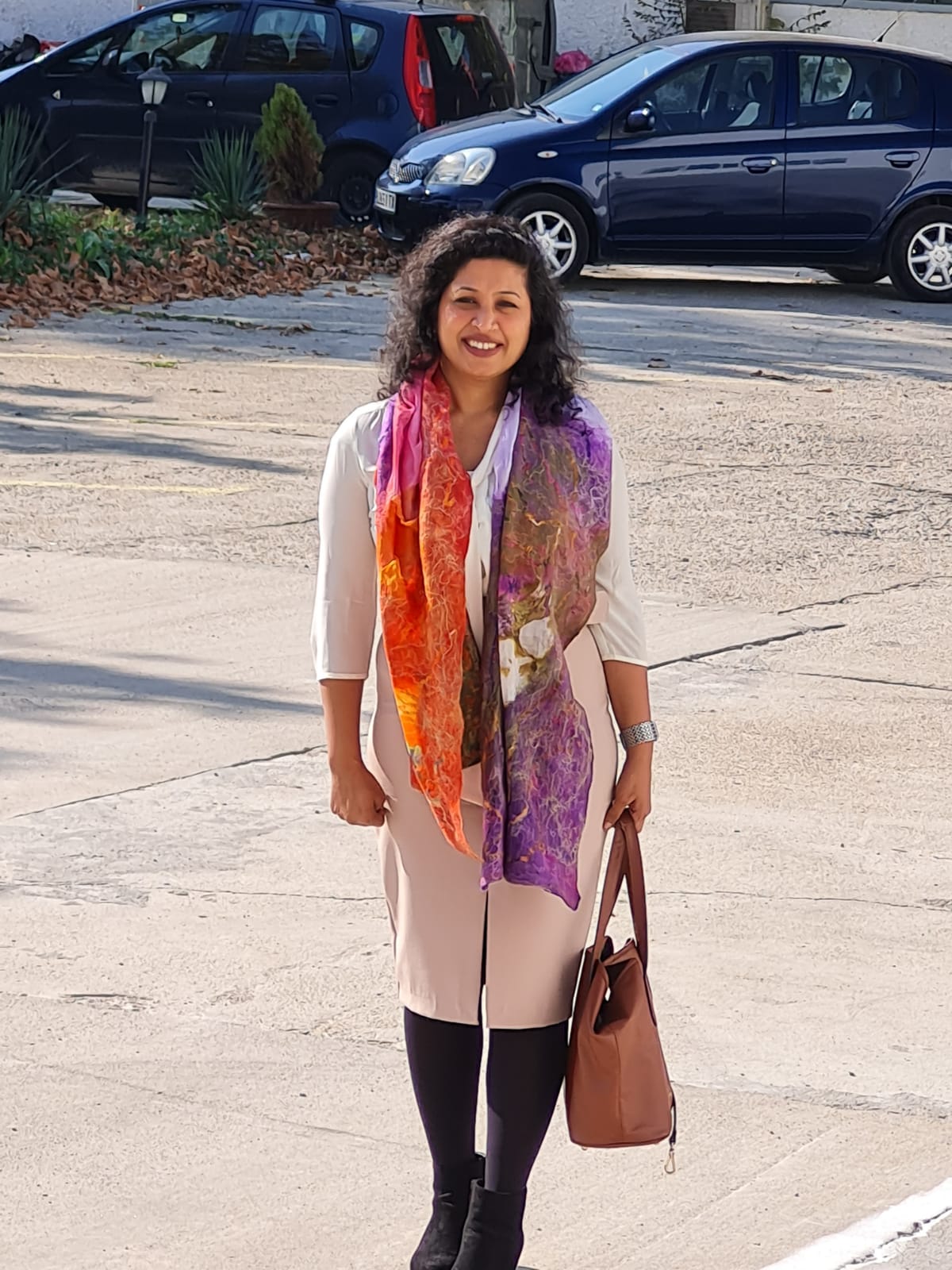
Winds of change
Setting up GBI with her own income, she turned the spotlight on her expertise. “The company has been focusing on discover (discover technology to showcase methods to the community), develop (develop new green tech), develop and then deploy this technology into the market,” explains Leena, adding, “I began GBI as a private sector company to make it a way of life, not just something that governments have to implement.”
She feels that sustainable living is two pronged: environmentally-friendly and lasting, and that electric vehicles are going to define the next decade for the world and India. “The focus is going to be on green mobility in the years to come. India is coming up with a lot of homegrown innovation in the EV sector. When GBI detected this trend five years ago, we began to support innovators working in the space.” GBI has now developed and launched an online portal for technology collaboration – www.globaltechinterface.com too.
On the path to success
Today, 12 years since its inception, GBI is a company that is scaled for growth. Two years ago, in 2019, they began going international, setting up offices in Europe, US and UK and project teams in Malaysia and Sri Lanka. Shibu, her husband, who co-founded GBI, is actively involved in managing the business aspect of GBI and focuses on the company’s international expansion.
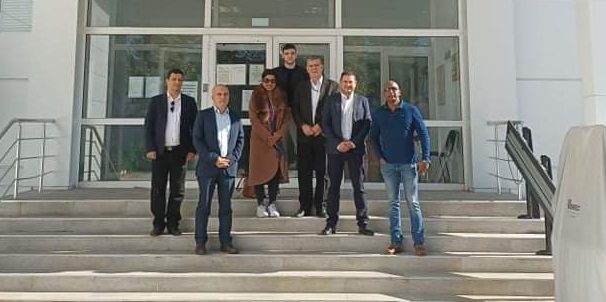
Leena and Shibu at GBI’s Europe office in Bulgaria
For Leena, her entrepreneurial instinct stems from her upbringing. Her grandfather Pishe Narayan Rao, who was orphaned early in life, would sell safety pins on the footpath in Bengaluru’s MG Road to survive. “He worked his way up, and soon set up his first store at that same spot. Today, PN Rao Suits is well-known across the country, and has branches in several cities,” she adds. Her father and mother too led by example. “My mother opened several doors for me, and encouraged me to try so many things. It helped me build the resilience to do a lot in a day and make it count,” says Leena, who loves to unwind after a long day by cooking and watching global cinema on OTT platforms.

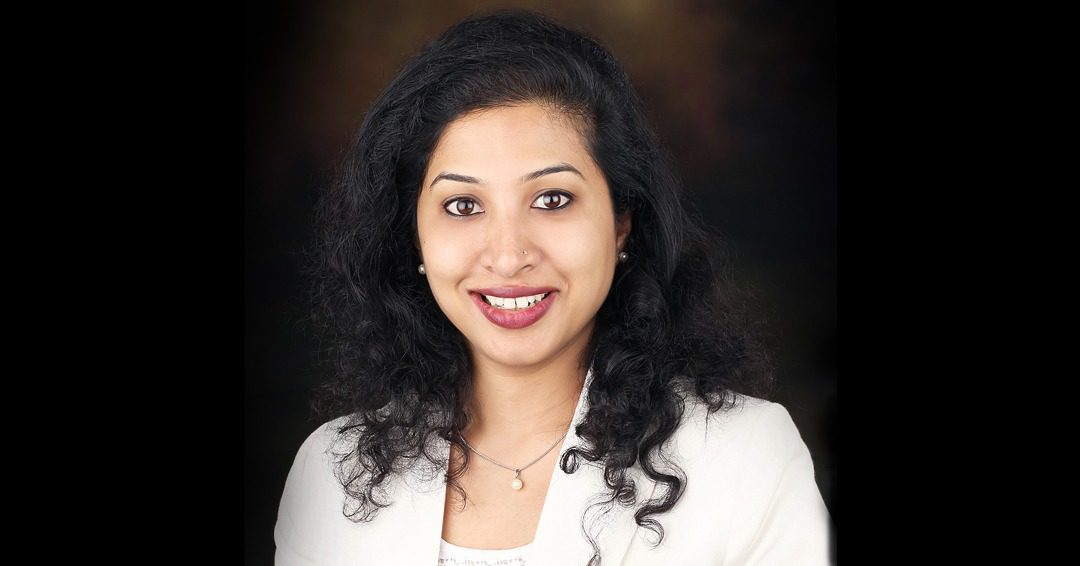


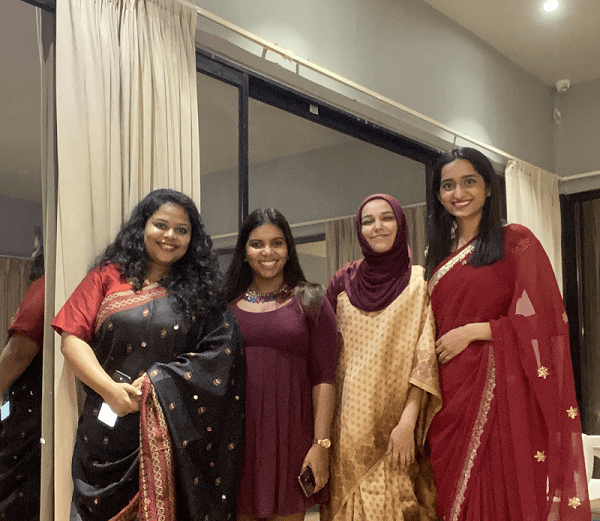 Dr Ruha Shadab with her Led By foundation team[/caption]
Dr Ruha Shadab with her Led By foundation team[/caption]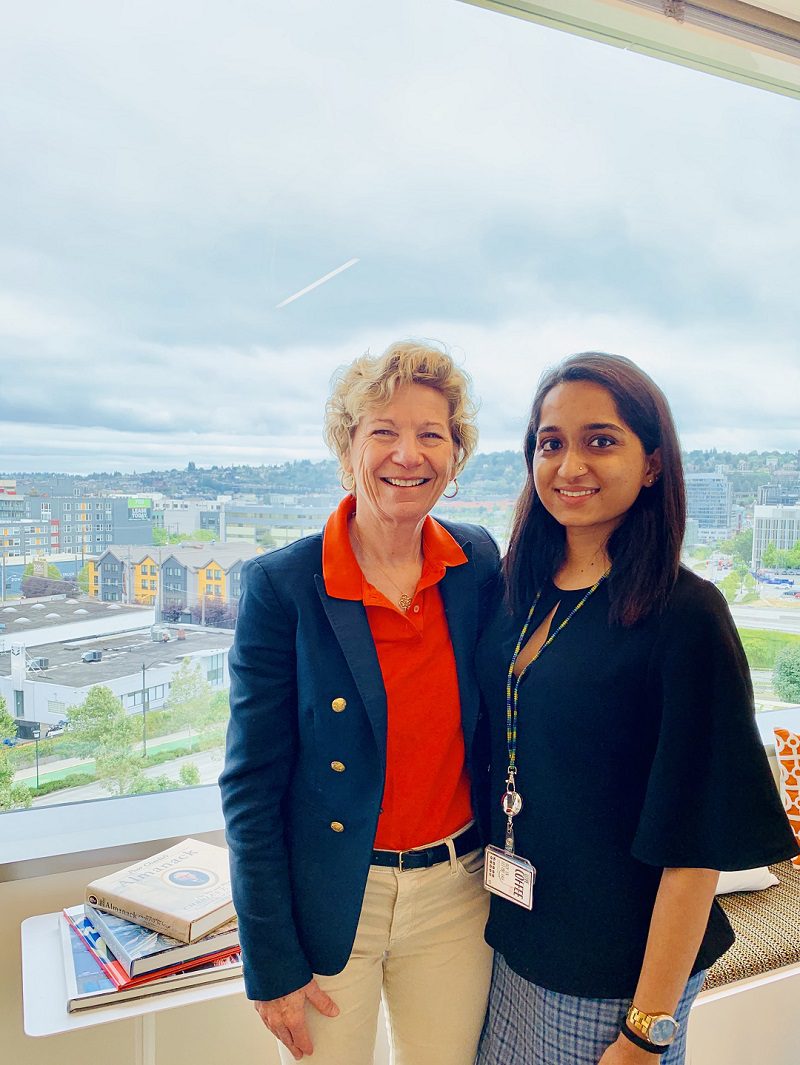 Dr Ruha Shadab with the CEO of Gates Foundation[/caption]
Dr Ruha Shadab with the CEO of Gates Foundation[/caption]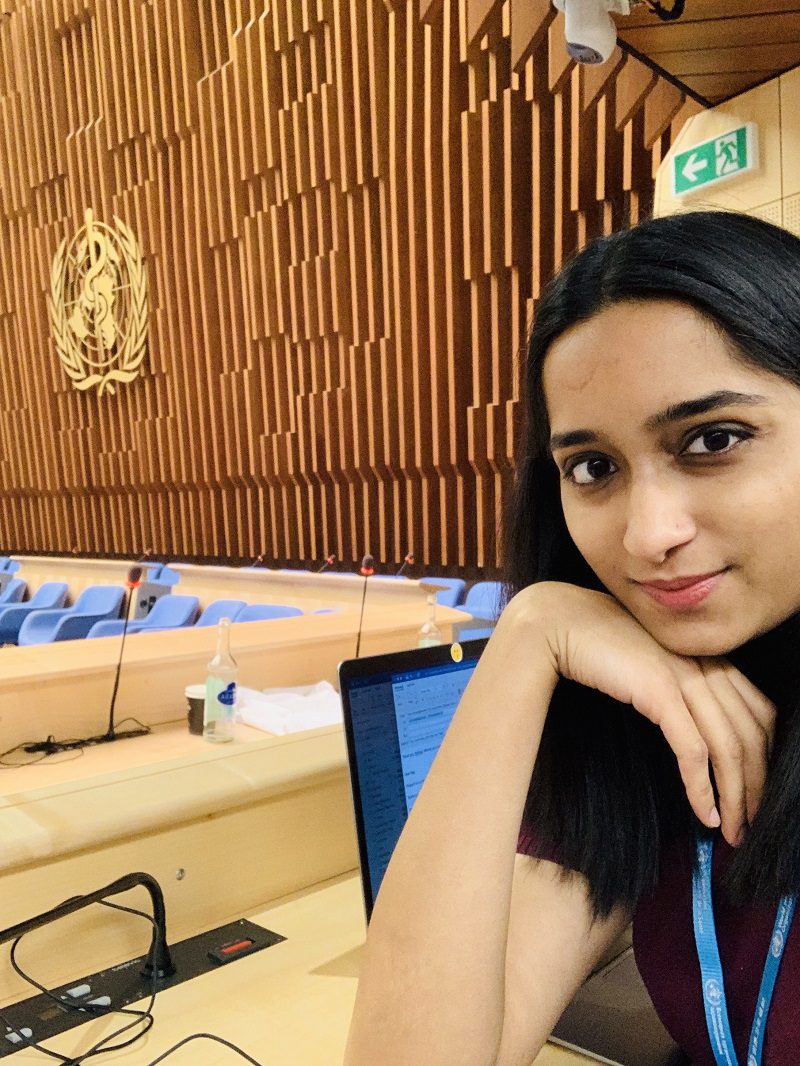 Dr Ruha Shadab at WHO[/caption]
Dr Ruha Shadab at WHO[/caption]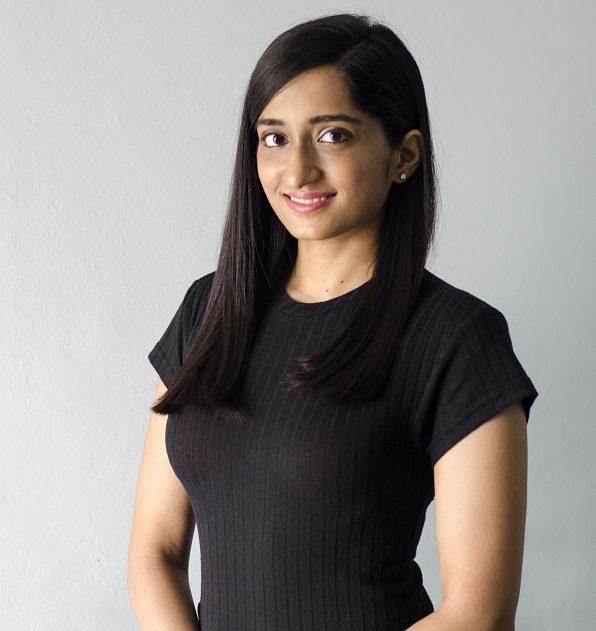 Dr Ruha Shadab[/caption]
Dr Ruha Shadab[/caption]
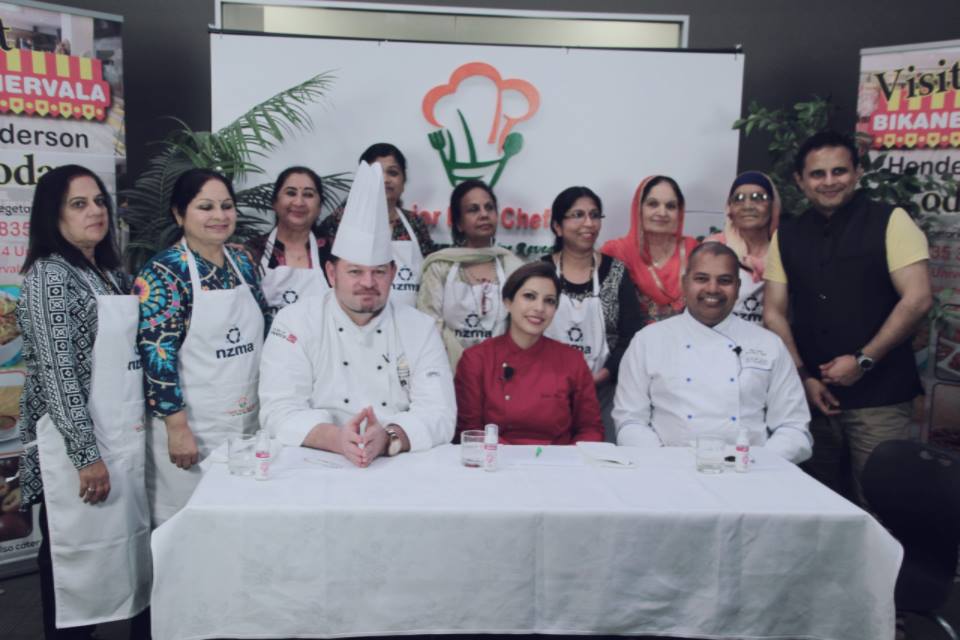
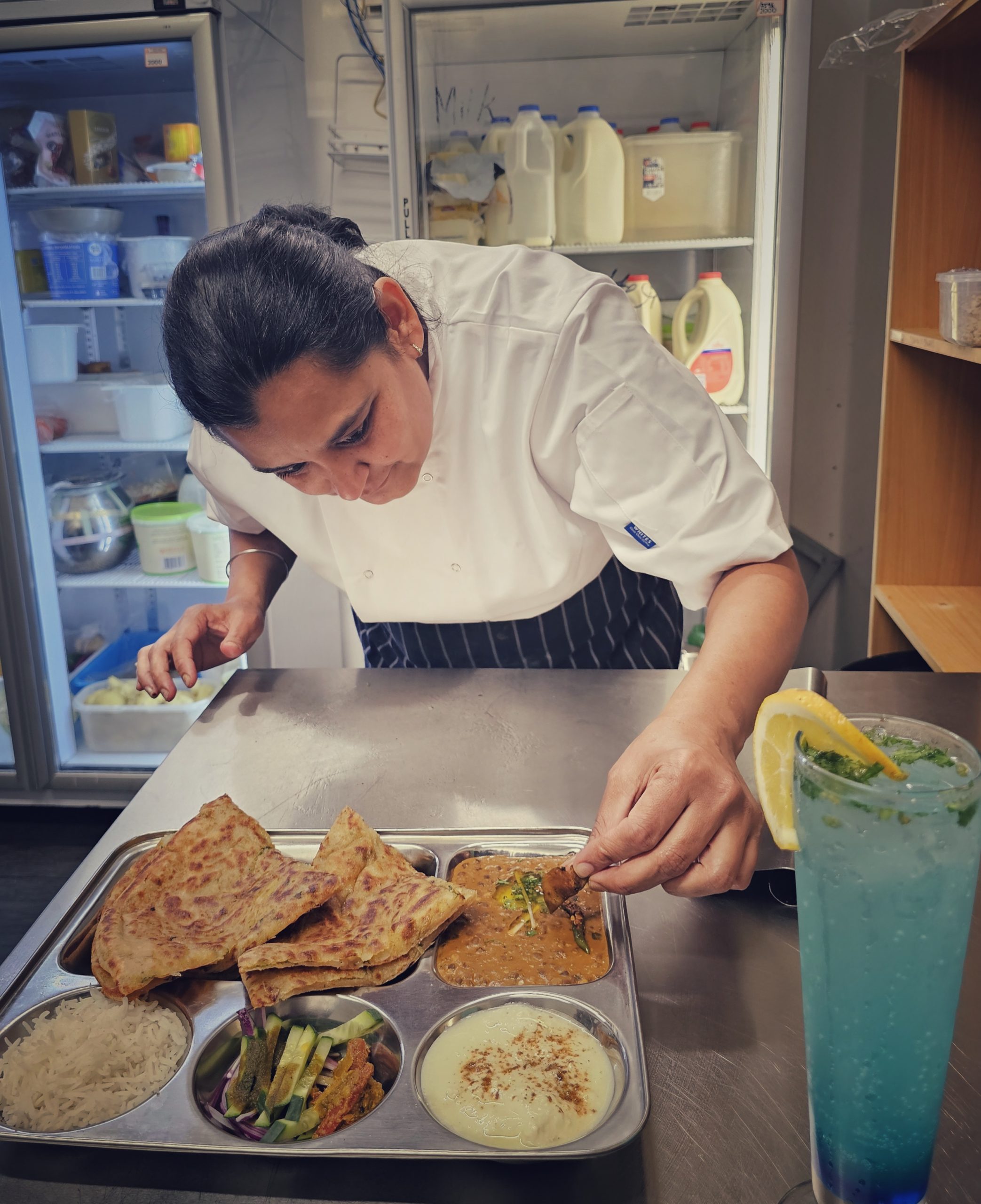
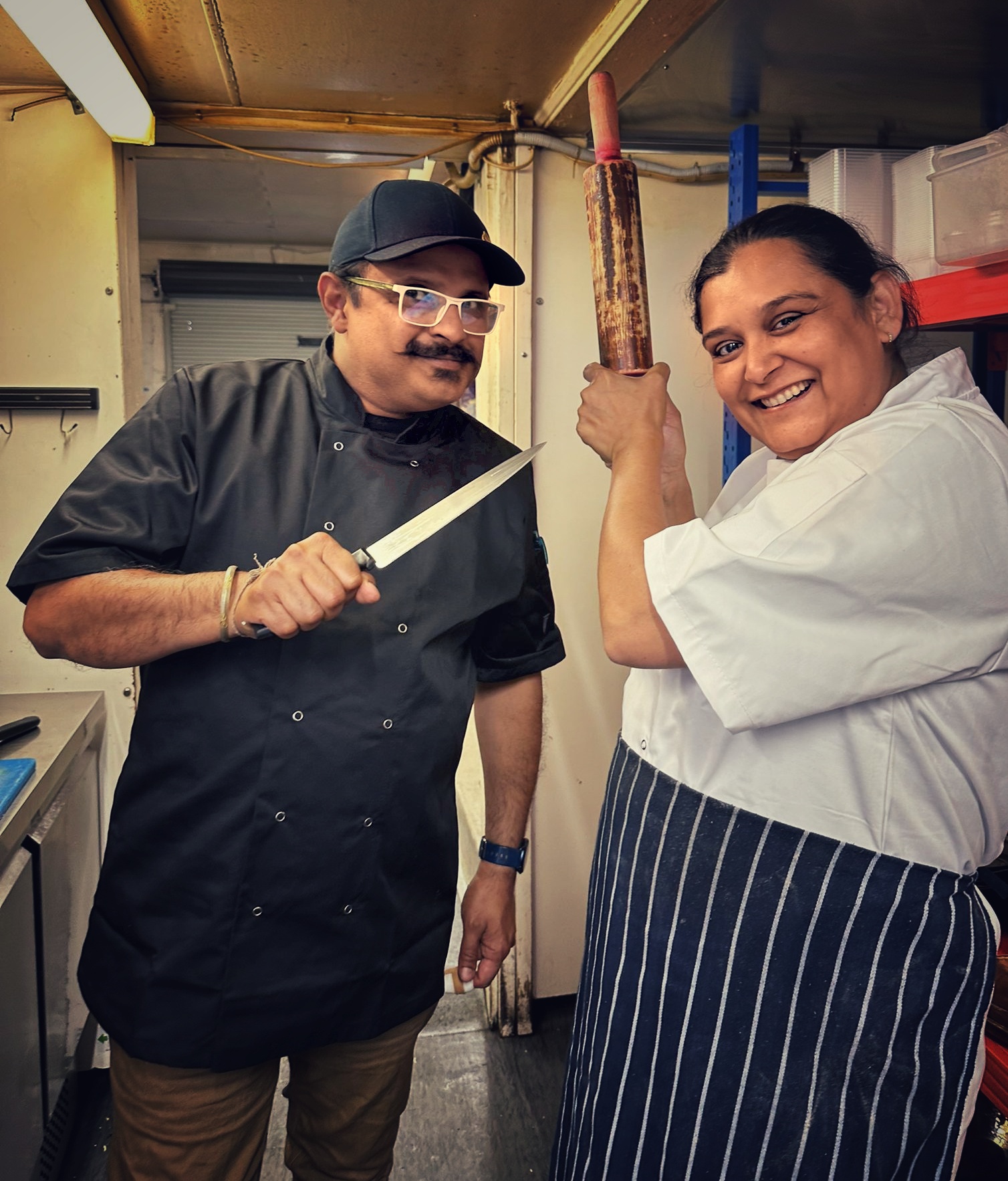
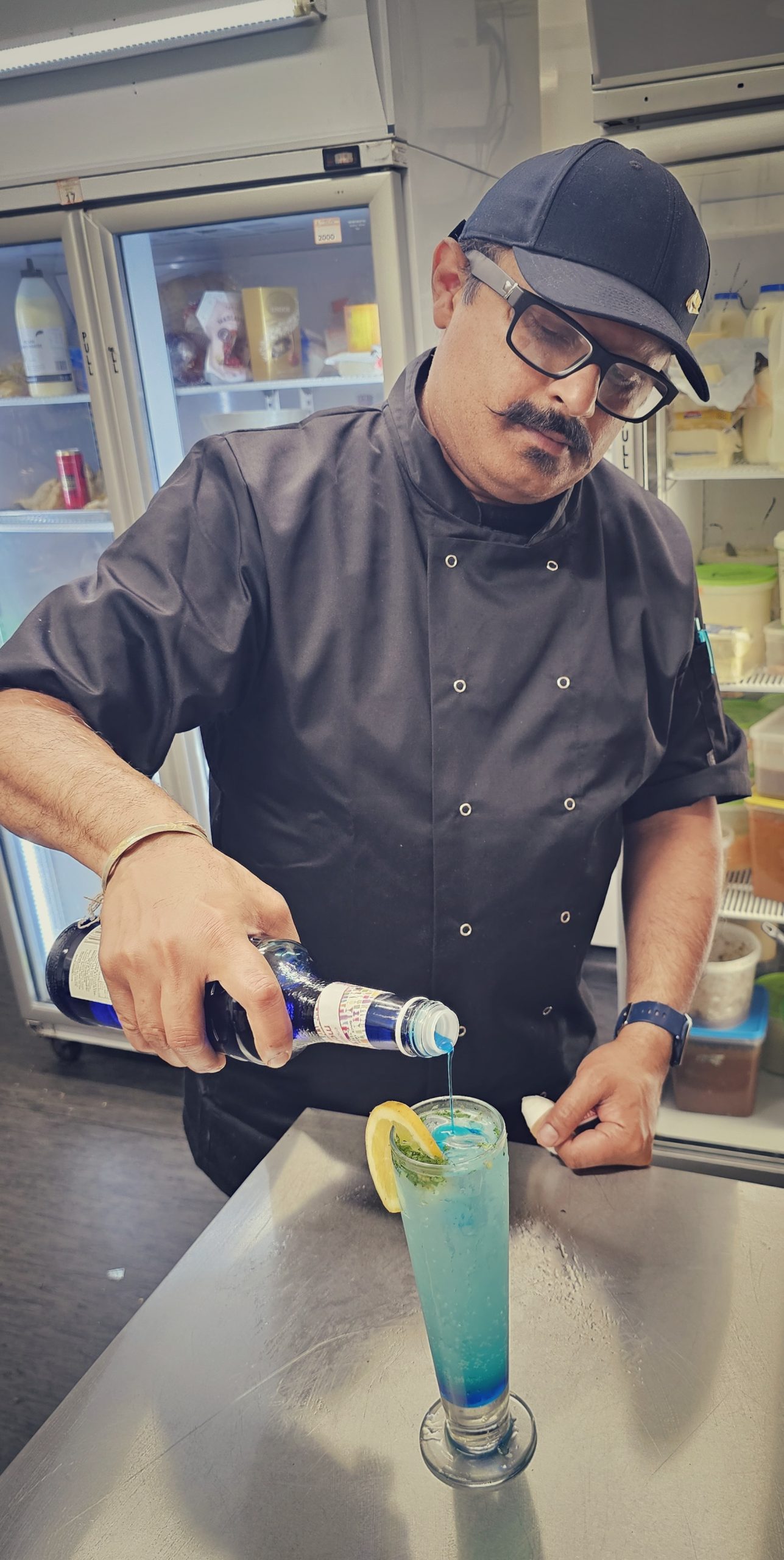
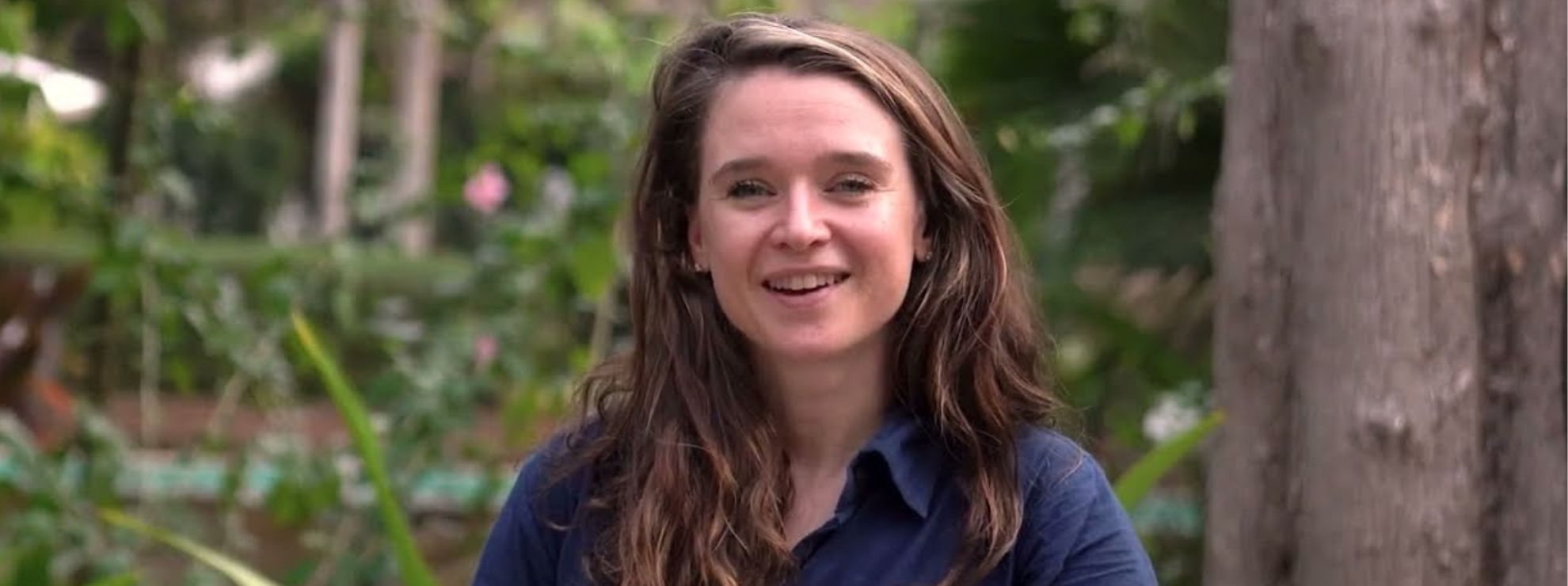
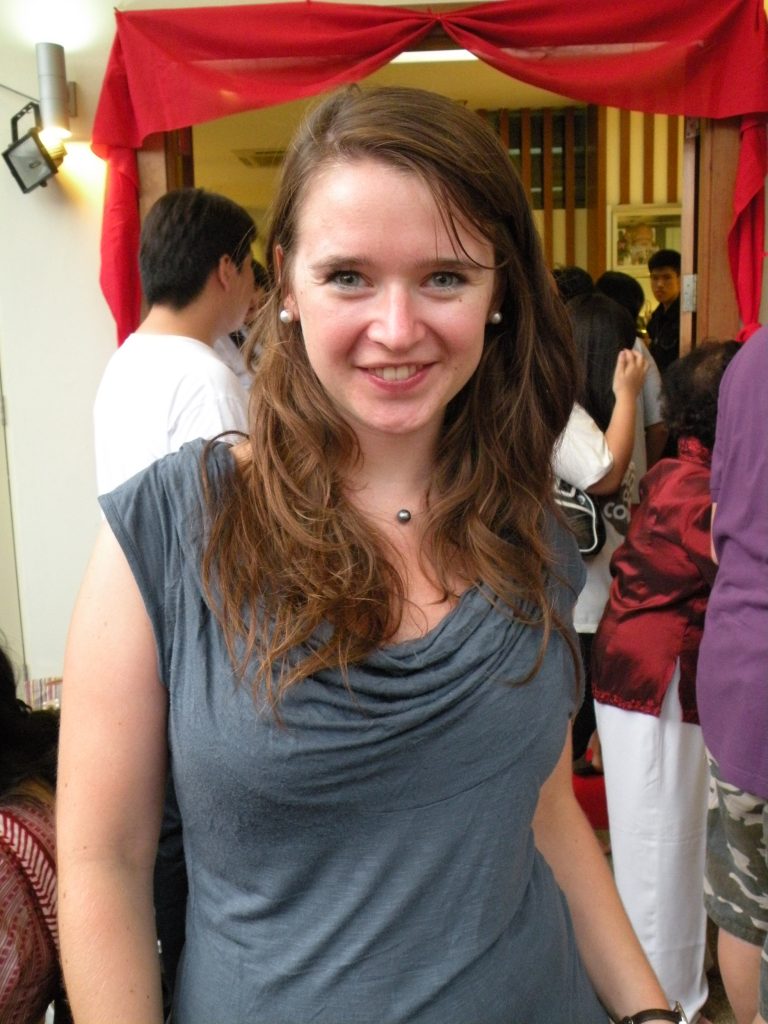
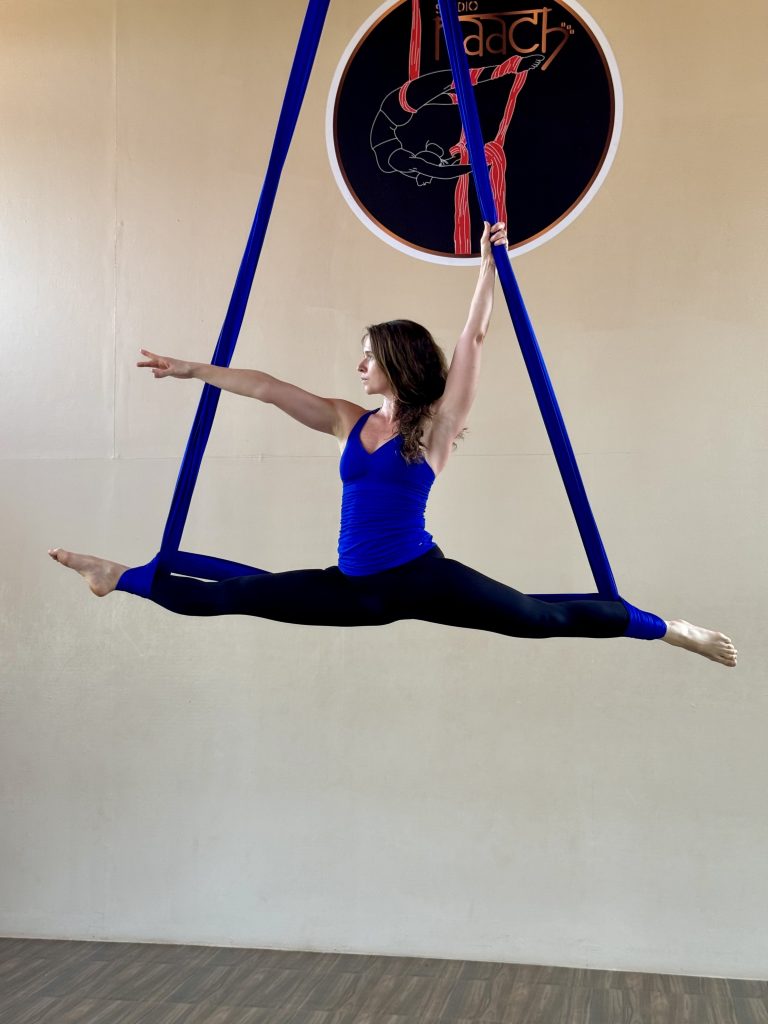

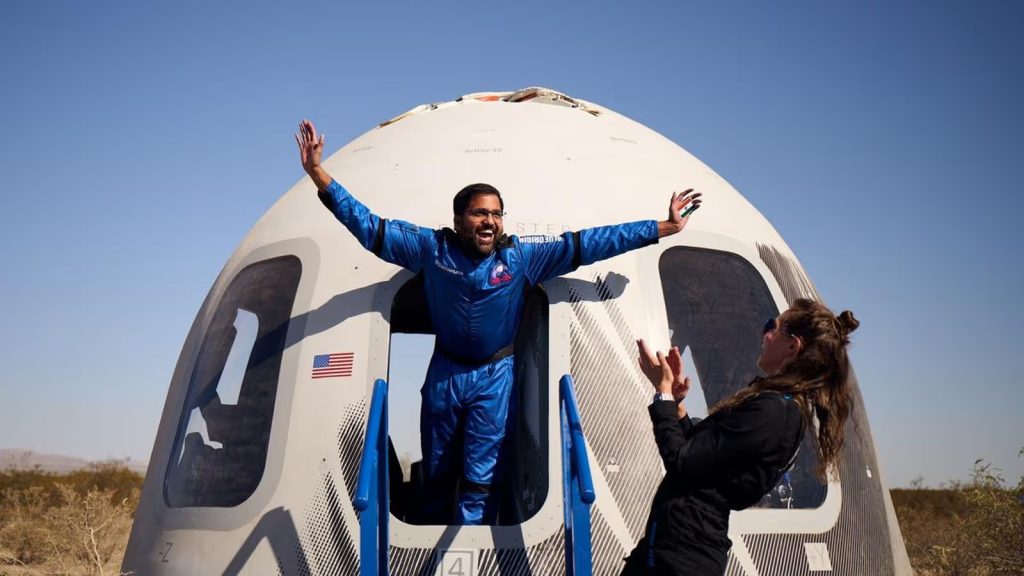 Gopichand Thotakura returns to Earth[/caption]
Gopichand Thotakura returns to Earth[/caption]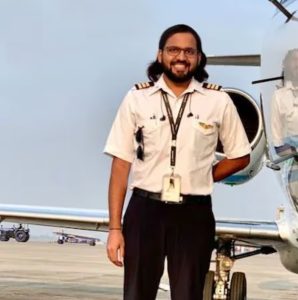
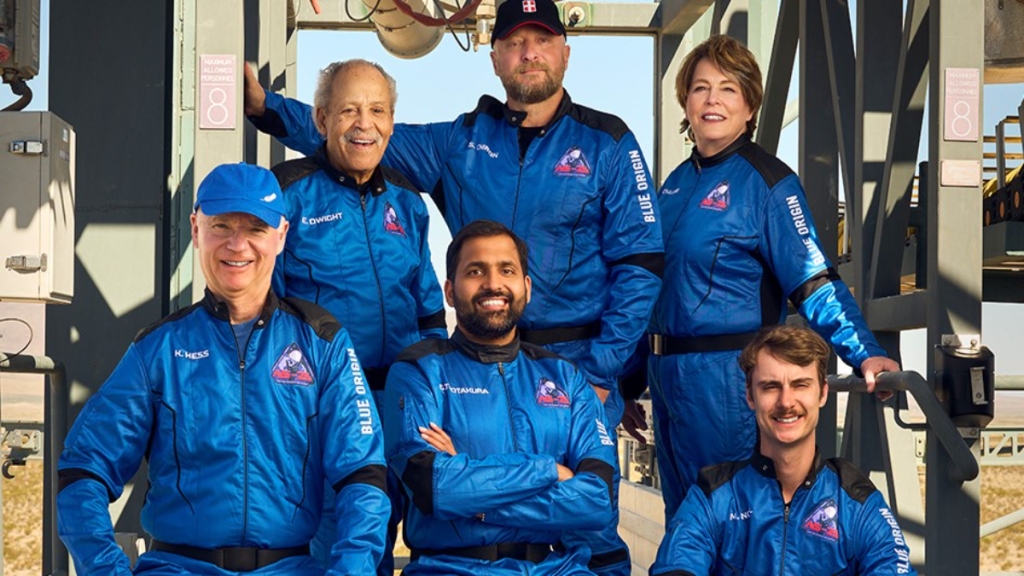 The six-member crew of NS-25 mission[/caption]
The six-member crew of NS-25 mission[/caption]